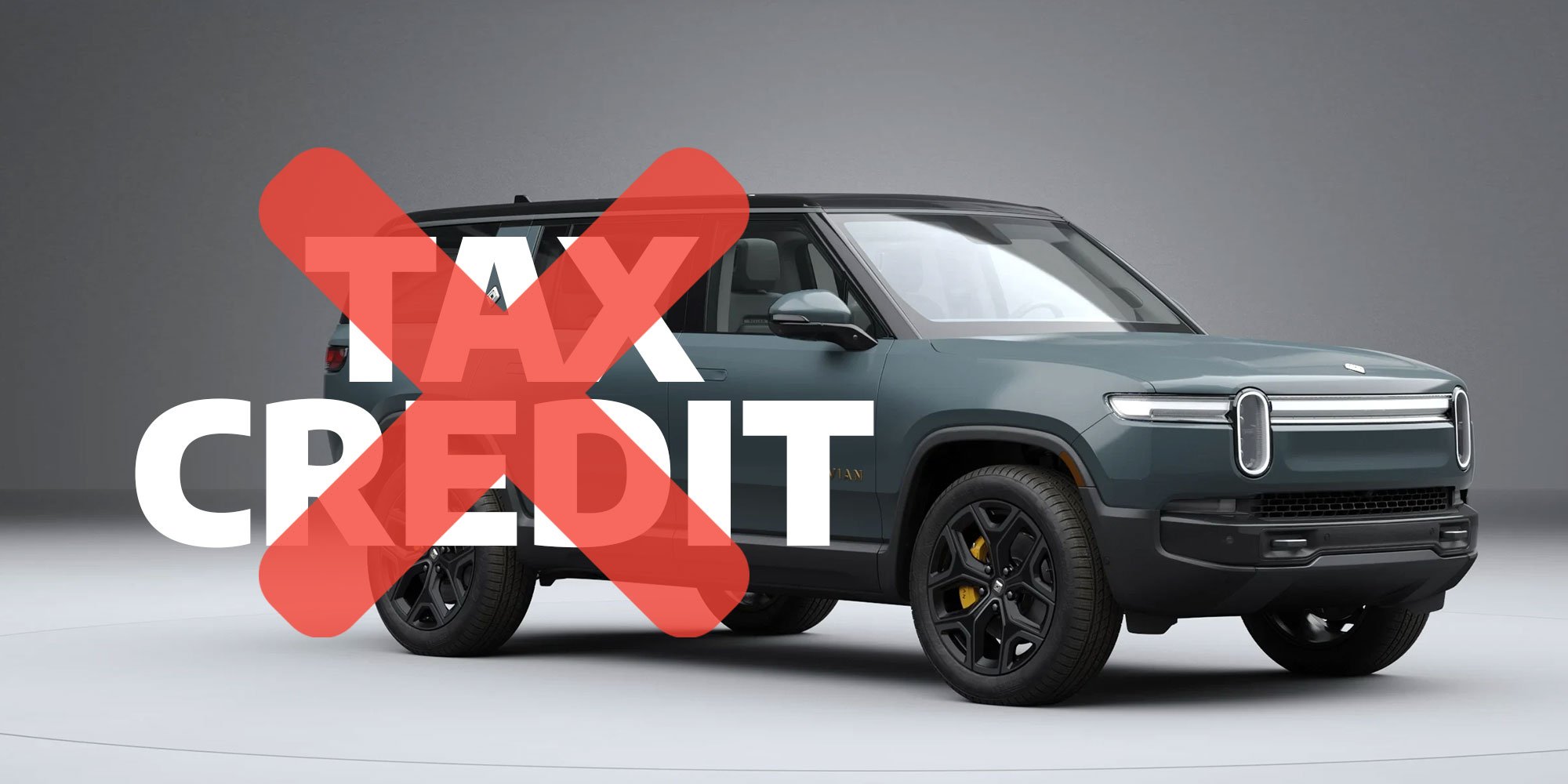Major EV Incentives to Expire Under Trump’s New Plan

President Trump, now several months into his second term, is following through on promises to roll back clean energy policies—and his latest move hits EV buyers hard. The newly advanced “One Big Beautiful Bill” just passed out of a key House committee and is shaping up to be a major reversal of Biden-era climate incentives.
The bill includes a wide range of sweeping changes—but in this article, we’re just focusing on the parts that directly affect you as an EV driver. Here’s what’s changing, and when it takes effect:
$7,500 EV Tax Credit – The federal tax credit that helped bring down the cost of EVs? Eliminated. Starting in 2026, buyers of Tesla’s, Rivian’s, Ford’s, and other eligible EVs will no longer get that $7,500 discount.
New Federal Fees for EV’s and Hybrids – To make up for lost gas tax revenue, a new road-use fee will apply starting in 2026: $250/year for fully electric vehicles and $100/year for hybrids. This is in addition to any fees already charged at the state level.
Loan Interest Deduction – There’s a new deduction for auto loan interest, but it only applies to vehicles manufactured in the U.S. and only helps people who itemize deductions. It also phases out for incomes between $100k–$200k. This goes into effect for vehicles purchased in 2026 and beyond.
Home EV Charger Credit – The $1,000 federal tax credit for installing a Level 2 home charger is being eliminated. If you want to take advantage of it, your charger needs to be installed before the end of 2025.
$7,500 Leasing Loophole – Currently, leasing an EV can be a way to bypass strict “Buy American” rules and still qualify for tax credits. That loophole officially closes on January 1, 2026, which could mean fewer attractive lease deals after that.
The bill still needs to pass the full House and Senate, but with Trump in the White House and Republicans controlling the House, it has a strong chance of becoming law. If passed, these changes will begin rolling out starting January 1, 2026.
